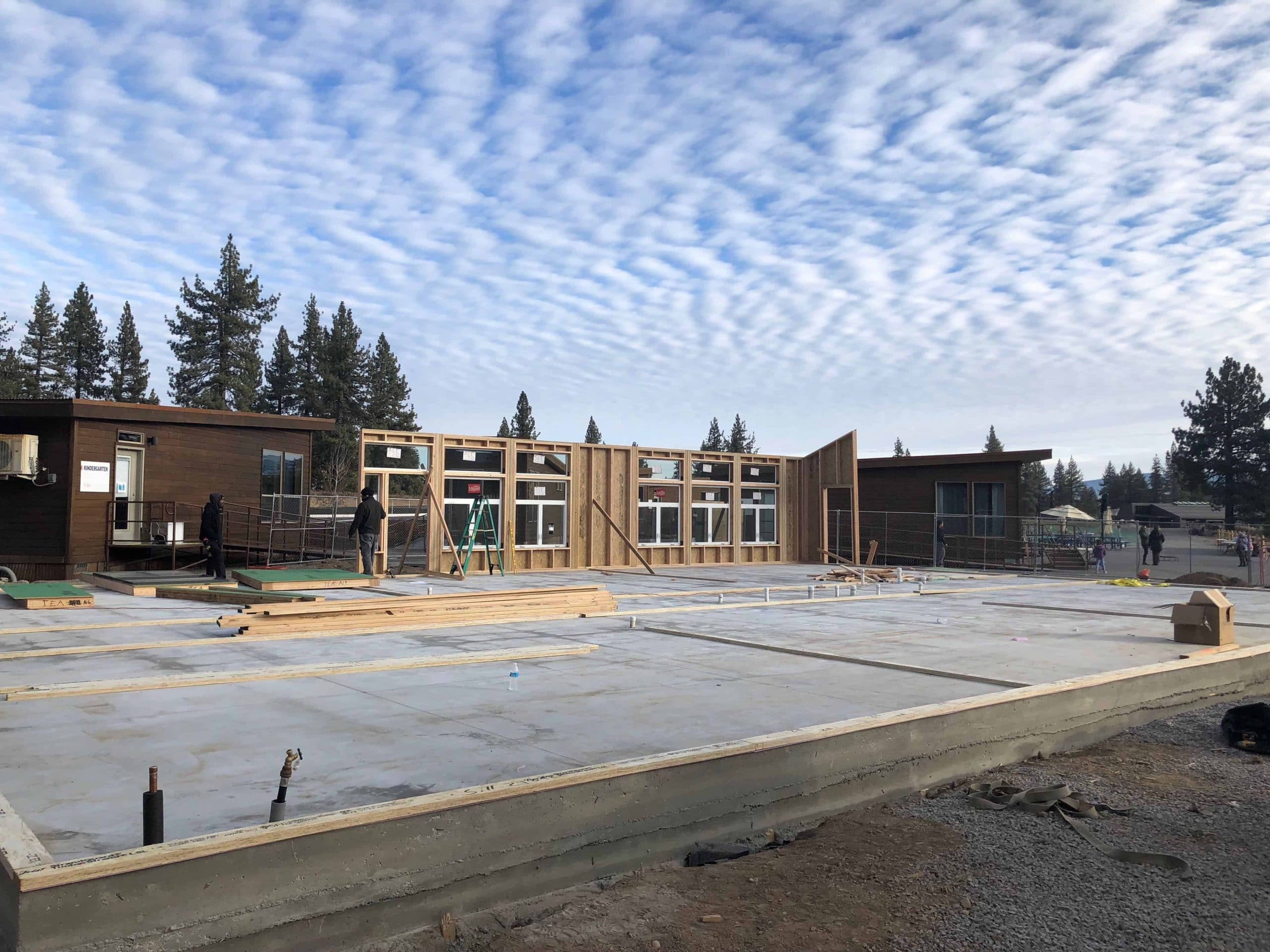Real-World Questions Being Tackled by TEA Elementary Students
Learning Expeditions drive the curriculum for our Elementary Programs
Learning Expeditions – aka semester-long thematic units – drive the curriculum for our Elementary Programs. Throughout these projects, students are challenged to find the answers to real-world questions. And once they do, they’re then challenged to use that knowledge to solve real-world problems. Throughout all of this, our teaching staff integrates common core, next-generation science, and national social studies standards into the Learning Expeditions.
Check out this list of topics, guiding questions, and big ideas for each of our Elementary Program Classes. As the students dig deeper into their Learning Expeditions, we will share stories from their experiences on this newsletter, our blog, and our social media feeds.
Kindergarten Topic: Toys and Play
Guiding Questions:
What can we do to make playing together fun?
What makes toys fun?
Which classroom toy do I prefer?
Why do I prefer that classroom toy?
What toys do others prefer? Why do they prefer them?
Big Ideas:
People can learn to play and work together through cooperation.
Using your imagination makes toys fun.
Everyone has preferences and reasons for their preferences.
Different people prefer different toys for different reasons.
1st-Grade Topic: Tools and Work
Guiding Questions:
Why do we need tools?
How do habits of character help us do work?
How do we create a magnificent thing?
Big Ideas:
Tools make our lives easier by helping us do work.
Tools help us create things.
Habits of character are behaviors that help us learn and do our work.
People use tools and habits of character to create magnificent things.
2nd Topic: Schools and Community
Guiding Questions:
What is school, and why are schools important?
Why is it hard for some children to go to school in their communities?
How do communities solve these problems so their children can go to school?
How are schools around the world different? How are they similar?
Big Ideas:
A school is a place designed for students to build knowledge and skills, foster character and relationships, and create high-quality work.
Things like weather and location can make it difficult for children to go to school.
Communities think of solutions to make sure students have a place to go to school.
Schools around the world may be different or they may be similar, but they are all places designed for learning.
3rd Topic: Overcoming Learning Challenges Near and Far
Guiding Questions:
Why are education, books, and reading important?
How can I overcome learning challenges?
Big Ideas:
Education, books, and reading are important because they help us learn about and make sense of the world, and escape into the lives of other people and other worlds.
I can overcome learning challenges by being an effective learner: taking initiative and responsibility, persevering, and collaborating.
4th Topic: Poetry, Poets, and Becoming Writers
Guiding Questions:
What makes a poem a poem?
What inspires writers to write poetry?
Big Ideas:
Poetry has characteristics that are unique and distinct from prose.
Writers draw inspiration from many places, including the work of other writers and their own lives.
5th Topic: Stories of Human Rights
Guiding Questions:
What are human rights, and how can they be threatened?
How can we use writing to raise awareness of human rights?
Big Ideas:
Human rights belong to everyone, but they can look different to different people in different places.
We can better understand how human rights can be threatened by reading about the experiences of fictional characters in stories.
We can raise awareness of human rights issues by writing about the issues fictional characters face.
6th Topic: Myths, Not Just Long Ago
Guiding Questions:
What is the hero’s journey?
What makes a myth?
Why do myths matter?
Big Ideas:
The hero’s journey is an archetypal storyline used over the course of centuries.
The hero’s journey helps us to better understand characters in literature and their response to challenges.
All stories have universal elements and themes.

